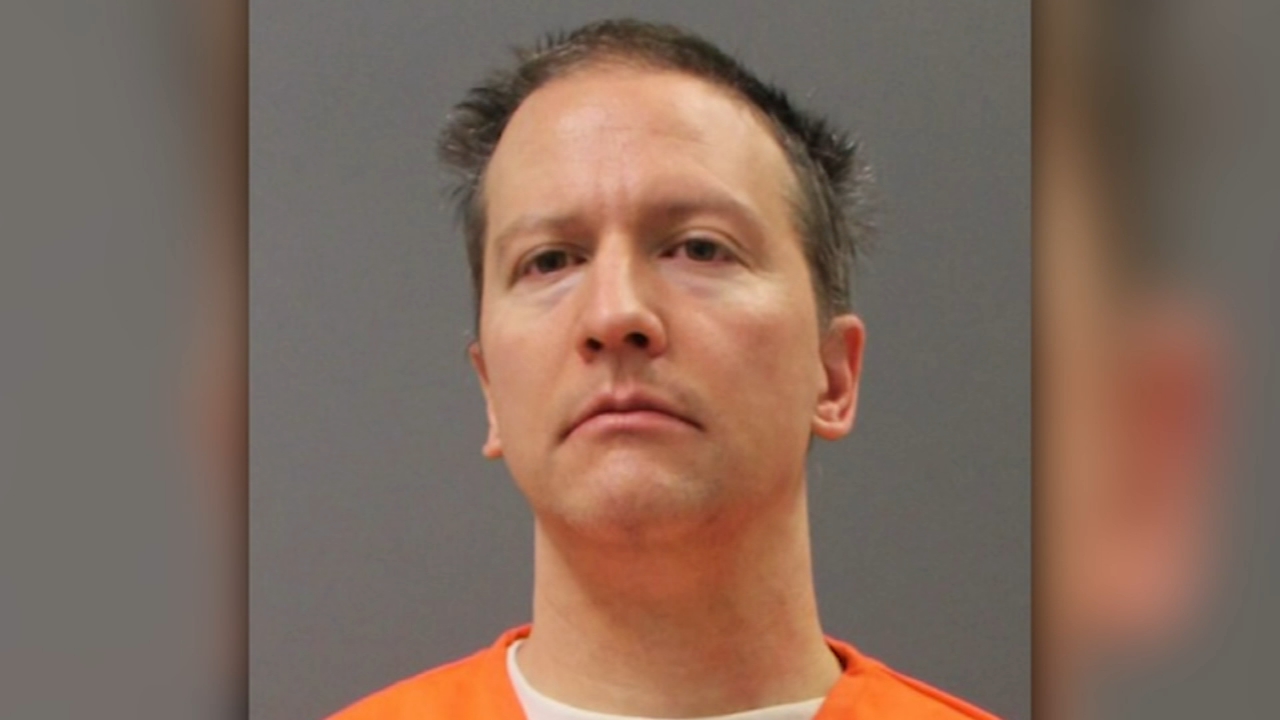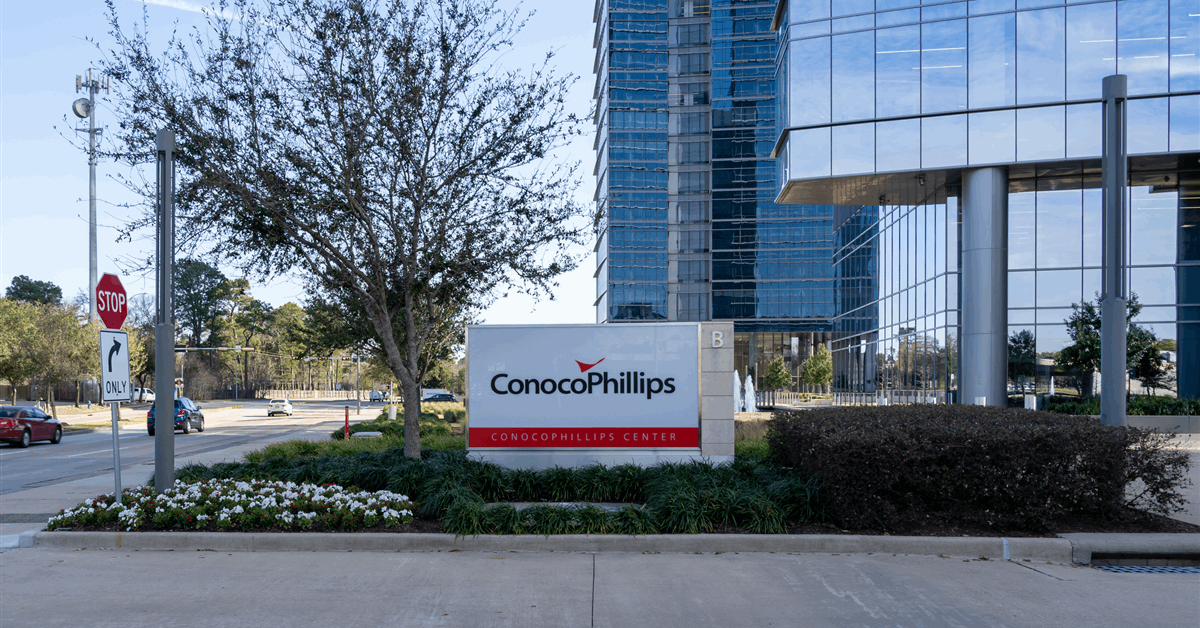The question of whether Derek Chauvin might receive a presidential pardon has emerged in the U.S. political spotlight, prompting intense debate, official readiness and legal complexities. Although no pardon has been issued, the mere prospect has stirred public, legal and institutional responses.
Who is Derek Chauvin and what is he serving?
Derek Chauvin, a former police officer in Minneapolis, was convicted in April 2021 of murder and manslaughter in the death of George Floyd following a widely seen video in which Chauvin kneeled on Floyd’s neck during an arrest.
In a later federal case, Chauvin pleaded guilty to civil‑rights violations tied to Floyd’s death.
READ: Who is Kellie Chauvin, Derek Chauvin’s Ex-Wife?
He is serving a combined state and federal sentence, including some 22½ years for the state murder case.
Pardon calls and who is pushing them
In early 2025, high‑profile conservative voices began campaigning for a pardon of Chauvin, including calls from commentators and influencers. These efforts argue that Chauvin’s conviction was politically charged and raise questions about his liability, even if they remain deeply controversial.
Can a presidential pardon free Chauvin?
Legally, the answer is: not entirely. A presidential pardon at the federal level could only cover Chauvin’s federal conviction—his federal civil rights plea. It would not erase or affect his state murder conviction and sentence. That means even a full federal pardon would leave him in prison under the state sentence, which is the larger portion of his confinement.
Why officials are preparing for unrest
Because of the high‑profile nature of Floyd’s death, the global protests it triggered, and the emotional weight of the convictions, public officials in Minnesota and Minneapolis have acknowledged they are preparing for the possibility of unrest—even as they say a pardon is unlikely.
For example, state and local leadership have been briefed and taken steps with law‑enforcement and emergency response agencies to monitor any public reaction if a pardon were announced. Minnesota’s governor has urged the public to be aware that a pardon—while remote—is a scenario worth preparing for.
What the key officials are saying
Minnesota’s governor emphasised he had seen no credible indication the pardon was imminent, but said he thought it prudent for authorities and the community to plan. Minneapolis law enforcement likewise stated they have no intelligence indicating an impending pardon, but they are assessing potential implications.
The arguments for and against
Arguments for a pardon focus on claims of political bias in the prosecution, concerns about due process, or the idea that Chauvin’s federal plea settled his liability. Advocates say a pardon would restore fairness in the system.
Arguments against are rooted in the gravity of Floyd’s death, the role of public trust, and the precedent a pardon would create. Critics argue a pardon would undermine justice for victims of police misconduct and could incite renewed anger and protest.
Wider implications of a pardon
If a pardon were granted, even if he remained incarcerated under the state sentence, the symbolic impact would be sweeping. It would likely deepen national divides over race, policing, accountability and the Presidency’s clemency power.
On the legal front, it could prompt renewed scrutiny of the dual system of state and federal prosecutions in police‑involved deaths, and test how much a federal pardon matters when a state case remains active.
For community relations, the decision could inflame tensions — especially in Minneapolis and similar cities where memories of 2020’s protests and unrest are still fresh.
Status as of now
As of the current moment, no presidential pardon for Chauvin has been announced. Officials say there is no credible confirmation of one being planned. The state sentence remains active and predominant in Chauvin’s case.
Minnesota authorities continue to monitor, prepare for potential disturbances and maintain law‑enforcement readiness while publicly urging calm and patience.
What this means for the future
Though a pardon seems unlikely to some officials, the fact that it is being discussed publicly — and being planned for behind the scenes — signals that the question is more than idle speculation. The conversation around clemency for high‑profile policing cases is gaining traction.
The case ties into broader debates about policing reform, racial justice, federal versus state accountability, and the power of the presidency to intervene in criminal justice. Regardless of whether a pardon is granted, the public discourse around Chauvin’s case will continue to resonate.




